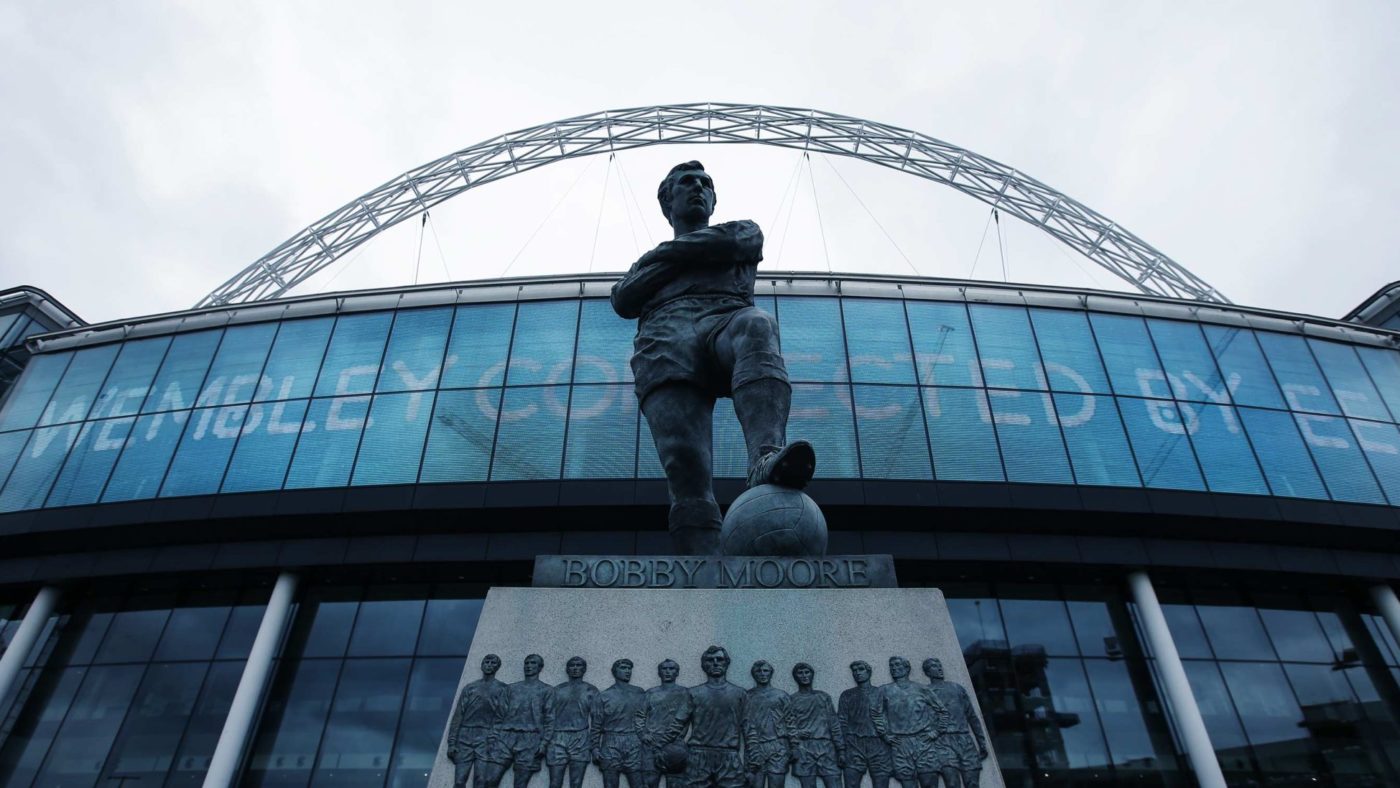The news that Wembley Stadium looks like it is about to bought by Shahid Khan, the owner of NFL team the Jacksonville Jaguars and Fulham FC, has been greeted with dismay by many commentators. It is all part of the narrative which takes issue with wealthy foreigners purchasing UK property and businesses.
However, Khan wanting to buy Wembley should be welcomed for a number of reasons.
The fact that the UK is attracting such serious foreign investment should be seen as an unalloyed good thing. Wealthy investors wanting to purchase football stadia, UK companies, and luxury flats in Central London isn’t just economically beneficial in and of itself. It’s also a sign reminder of what the strengths of the British economy.
Without foreign investment the UK’s economy would be in serious trouble due to the impact that it would have on the current account. The result would be a fall in the value of the pound, hitting households with higher prices.
To take a parochial and protectionist approach to a foreign investor purchasing England’s national football stadium would be narrow-minded and economically harmful.
As the UK prepares for Brexit it will face many challenges and opportunities. As such, the UK needs to demonstrate that it is open for business and that it remains an attractive place to do business. Such a deal does just that.
The knee-jerk opposition to the deal also ignores the details of the bid and what it would mean for Wembley. At present, Wembley Stadium is currently under utilised. Allowing greater commercialisation of the stadium will attract further investment to one of the most deprived areas of London.
It also offers the exciting possibility of bringing the NFL to the UK. The total value of the 32 NFL franchises is now $62.9 billion, with an average value of $1.97 billion per team. The UK gaining a larger slice of this market would again bring huge economic benefits. There would be an increase in tourism as fans from the United States will travel to see their teams play which would result in an increase in profits for local bars, restaurants, and hotels.
Furthermore, it’s not just the local economy which would benefit as a result of bringing the NFL to London. Research even suggests that there is an increase in quality of life for people living in a city with a NFL franchise. Fans revel in their team’s success and have a sense of pride when the team does well. They enjoy not only watching the games, but also reading about and discussing its performance. Then there is the £70 billion fantasy football industry.
The Wembley deal could also benefit English football. The Premier League has some of the best football clubs in the world. However, this success has not been shared by the England team. The performance of the England team has been a source of national embarrassment for some time. Every time England fails to qualify for a major competition or crashes out prematurely, misguided solutions are suggested such as a cap on the number of non-English players in the Premier League. Far better to use the money from this deal to invest in training facilities in order to develop the next generation of English footballers and, hopefully, football glory.
It has been claimed that the sale of Wembley could result in England no longer being able to play there. There is no evidence to support this, but it would not necessarily be a bad thing. The idea of having a national stadium is relatively unusual. Brazil, Germany, Italy, and Spain are countries which love football and have enjoyed great success. The FA should consider adopting a similar model. There are are numerous world class football grounds around the country and so they could take it in turns to host the England team.
This would actually be of benefit to supporters. There is a cost of living crisis in the UK, and football fans are particularly impacted by it, not least because of a ban on safe standing in the top two leagues in England that pushes the price of tickets up. Why not bring England games to fans around the country rather than making them come to Wembley?
There are no good objections to the sale of Wembley. In fact, it should be celebrated as the embodiment of global Britain. Not just because of it would demonstrate our openness to foreign investment, but also because it would be a boon to British soft power by increasing the chances of London playing host to an overseas NFL franchise and giving the FA the money it needs to build that most treasured national status symbol: a world-beating football team.


